How To Support a Child Navigating Hair Loss
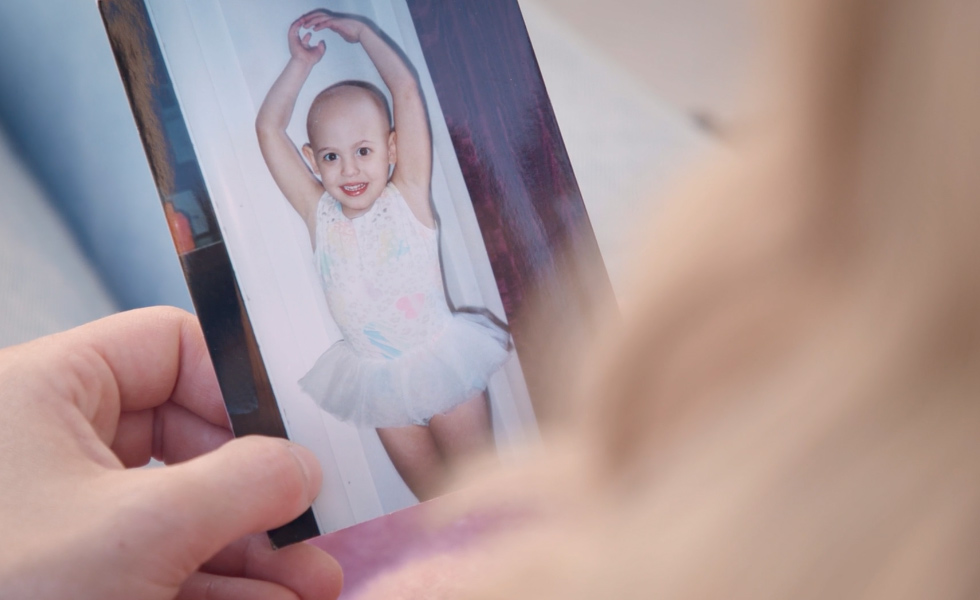
If you know a child experiencing hair loss, you’ll want to support them in the very best way possible.
You may be concerned for your child's self-esteem and want to protect them from feeling isolated or different from their peers. You might worry that other people might think your child has cancer or make other assumptions about their health. Hair washing days can often be especially difficult because finding hair in the shower drain or hair brush can be an upsetting reminder they’re losing hair.
In this article, we will discuss some important considerations when supporting a child experiencing with hair loss. By implementing these tips, you’ll feel better equipped and more confident as you both navigate this journey.
Here at Daniel Alain, we’ve been making the most natural-looking human hair wigs for over 20 years. Our wigs offer maximum comfort and security, but we’re aware that wigs aren’t the only solution to supporting a child through hair loss. Ultimately, we want you to have the best information and resources available so you can be the greatest advocate and cheerleader for your loved one.
Follow your child’s lead when it comes to hair loss
Handling any difficult situation is always easier when people work together. Including your child in decisions, letting them know about treatment options, and treating them as part of the team will help them feel empowered and in control.
“My family was always very supportive of my hair loss, even from a young age,” says Ashley Demshki, an alopecian who started losing her hair at just 14 months old and has been wearing wigs since kindergarten. “They provided me with all of the resources and tools I needed in order to make my own decisions about how I wanted to deal with my hair loss.”
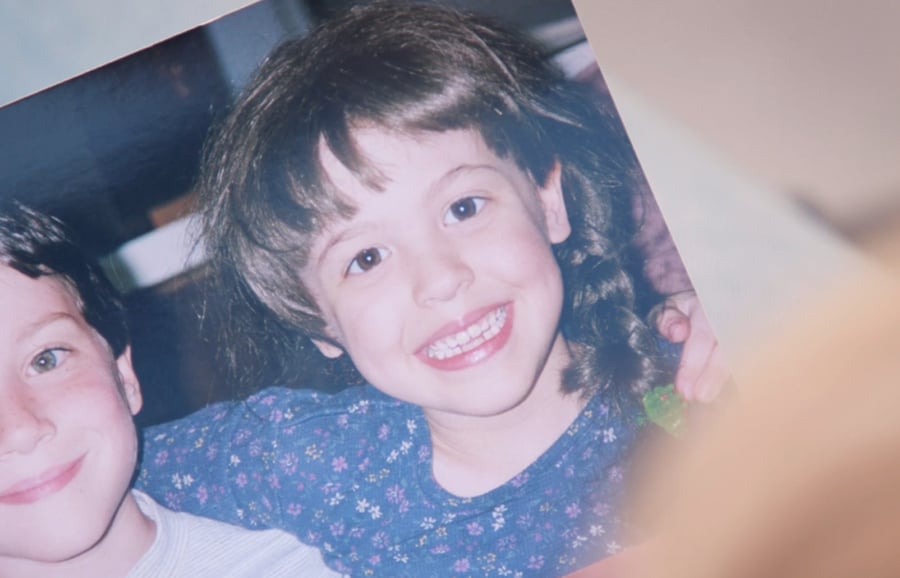
As parents, we often want to fix everything for our children, and sometimes the hardest part is to trust that our children know what’s best for them. While it’s difficult, trusting our children to play a leading role in their lives is vital as they continue to grow into young adults. Guiding them as they make their own decisions will foster their self-confidence and self-belief for years to come.
“From wearing hats to wearing wigs, my parents always gave me the best they could,” continues Ashley. “They allowed me to make my own decisions and respected my choices.”
Every child should be allowed to be where they are in their hair loss journey. It’s common for older children to want to hide under hats, beanies, or hoodies if they don’t want people to notice their hair loss. For US residents, a 504 plan is a subpart of the American Disabilities Act that provides accommodations and accessibility nationwide and will allow a child to wear a hat to school if that’s their preference.
Foster confidence beyond hair loss
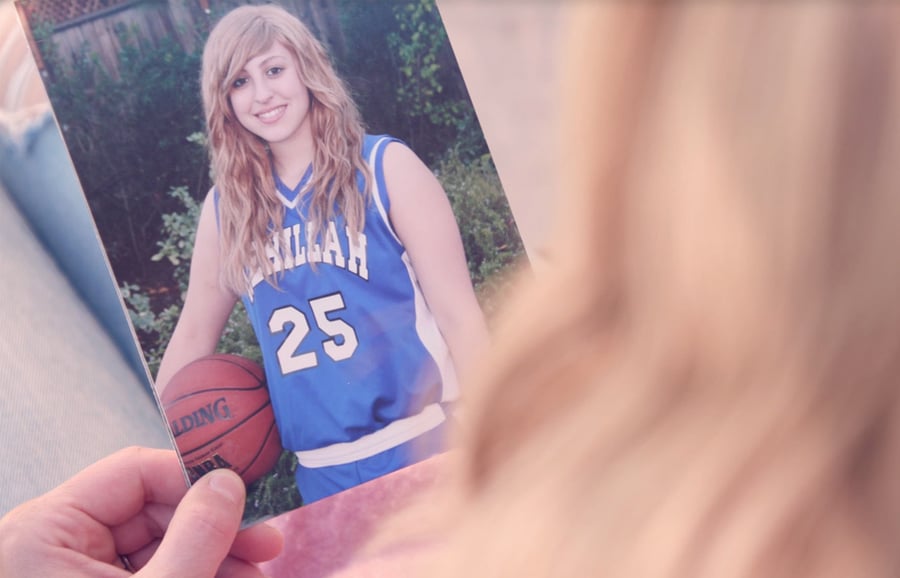
Caelebrating and supporting your child’s strengths and interests will have an impact on other areas of their life. If your child enjoys sports, enrolling them in a team game will boost their self-confidence and give them an instant group of friends and supporters. Visual and performing arts can help a child learn to express themselves, explore their emotions, and develop their unique voice.
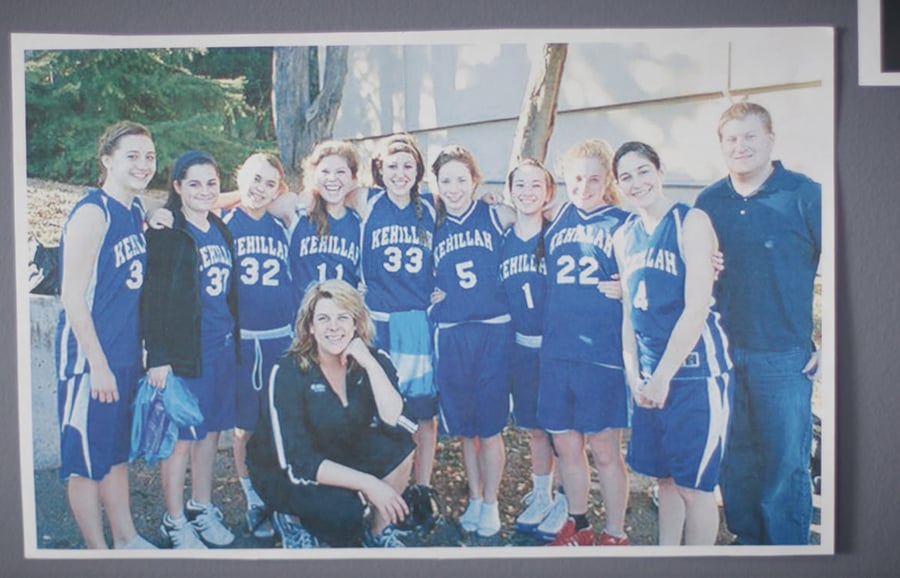
“From a young age, my parents didn’t want me to feel any different from any other kid,” says Ashley. “Because of that, they put me in all of the activities that normal kids would do. I played sports throughout my middle and high school experience, and it helped me maintain my confidence and gave me something to look forward to when going to school.”
Establish a support network for hair loss
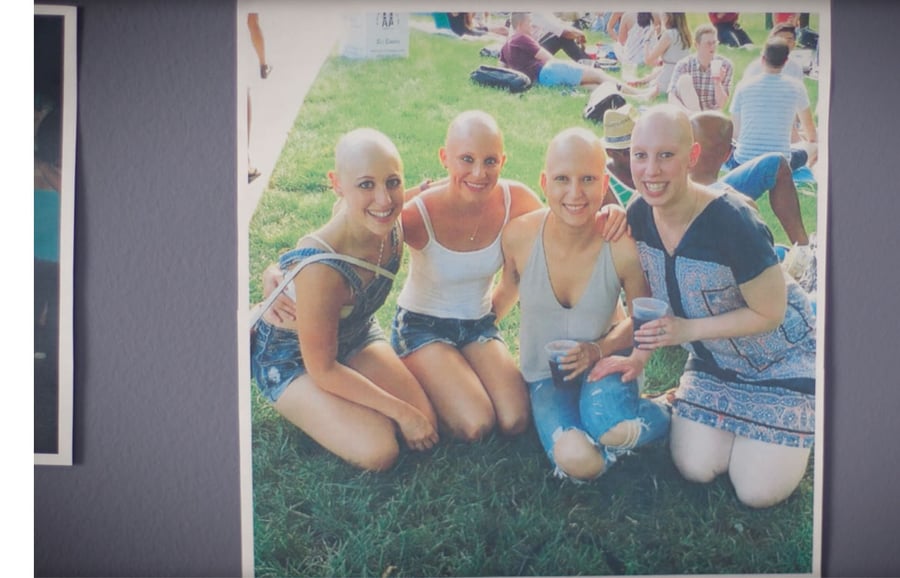
Providing your child with a supportive network of friends and family can strengthen their well-being and foster their sense of identity. When she was a child, Ashley’s parents enrolled her in the National Alopecia Areata (NAAF) Conference where she met other children just like her. In 2023, NAAF will hold its 38th annual, international conference featuring guest speakers, medical professionals, and expert researchers. By attending the conferences and NAAF summer camps, Ashley met other children who suffered from hair loss, just like her.
“NAAF provides summer camps for children ages 5-17. That’s where I met most of my friends. We would go on crazy adventures together, and we developed really close friendships. We all grew up together,” says Ashley. “Seeing other children with hair loss and learning how they dealt with it, gave me a lot of confidence in return.”
Bullying and hair loss
Keeping your intuitive eye on your child and their emotions will help you identify signs of bullying. If they seem withdrawn, reluctant to go to school, or their grades appear to be suffering, intervention may be necessary. Trust your instincts. You know your child best.
Your child’s teacher is an important person in their life and we recommend talking to them to build communication and trust. Many times, bullying that happens at school doesn’t seem like a big deal, but when the teacher knows to be on the lookout, they can become an advocate for your child when they’re not with you. Just knowing that their teacher understands what’s going on and has their back can feel impactful and supportive.
“While we want to make sure that dealing with hair loss in childhood is as easy and seamless as possible,” says Ashley, “it doesn’t always happen like that.” Given the unique circumstances, creating a successful and positive learning environment may sometimes require extra parental input.
Every year, Ashley’s parents provided her school and teachers with NAAF’s ‘School Guide’. This guide promotes awareness of alopecia in children, classroom strategies for building a child’s self-esteem, and provides tips on helping a child combat bullying. “Throughout my elementary experience, the students understood what I was going through and the teachers knew best how to support me,” recalls Ashley.
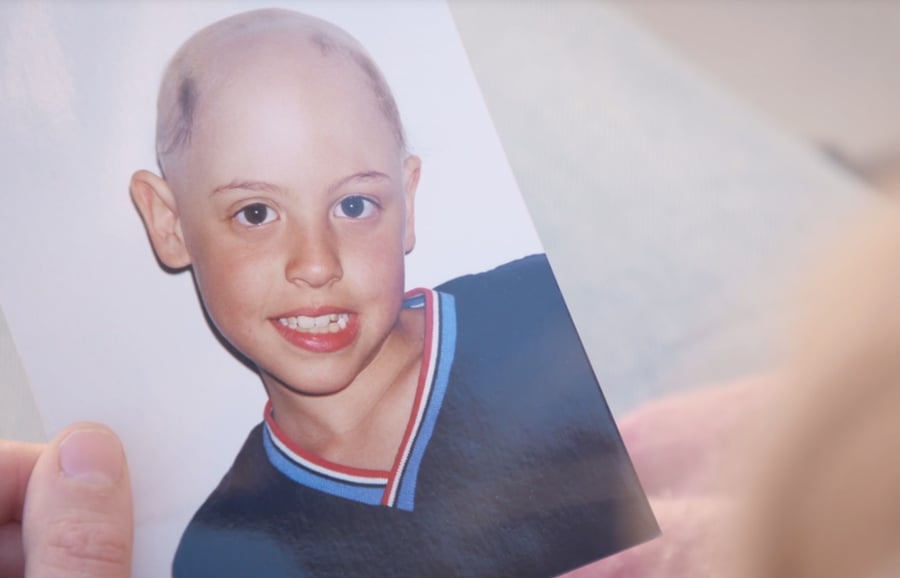
Maintaining an open conversation with your child about how they feel about themselves will help them feel supported. Hair loss might come and go, but your child’s unique qualities should always be celebrated. Continuing to love and accept your child will pay off - even through the teenage years!
While we’ve focussed on the ways to help your child, it's important to remember the good things that often accompany a difficult situation. Hair loss can help your child find true friendships with people who see their beauty, and it can bring out the best in others.
“One time my wig fell off when I was on the monkey bars and without a second’s thought, my twin brother rushed to my side to support me,” recalls Ashley. “I know a lot of parents worry about their children who have hair loss and want to make sure that they’re going to have a very fulfilling life. And the answer is yes. They absolutely are.”
Is a human hair wig the right option for my child?
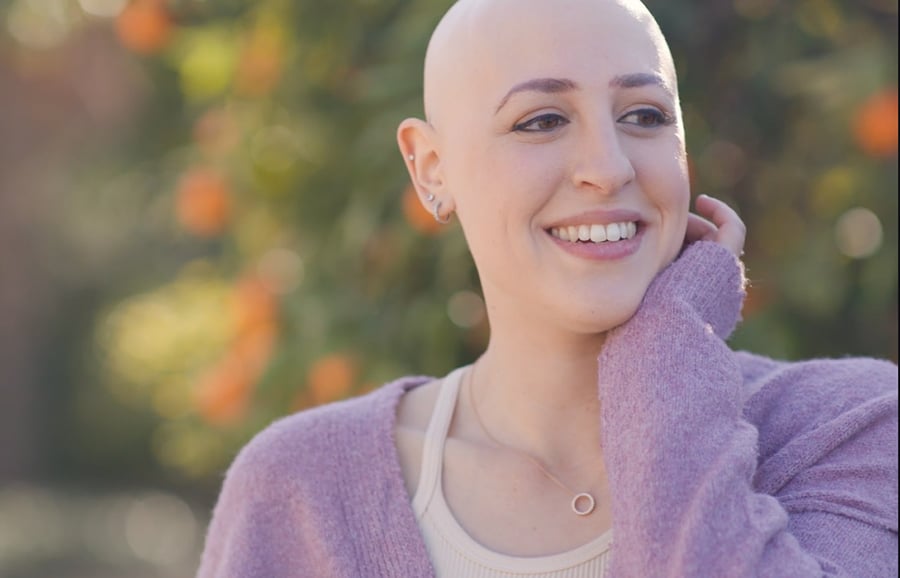
Knowing how best to support a child through any difficult situation can be an emotional journey for a parent, and hair loss brings its own unique set of emotions and problems.
We’ve outlined some of the main ways you can support your child through the experience of losing their hair. If one of your child’s hair loss coping strategies is a wig, and you’re looking for something natural, lightweight, and secure, you can check out our collection of human hair wigs from Follea by Daniel Alain. Reading Ashley’s full story will show you how finding the perfect wig helped Ashley live true to herself, with or without wigs.
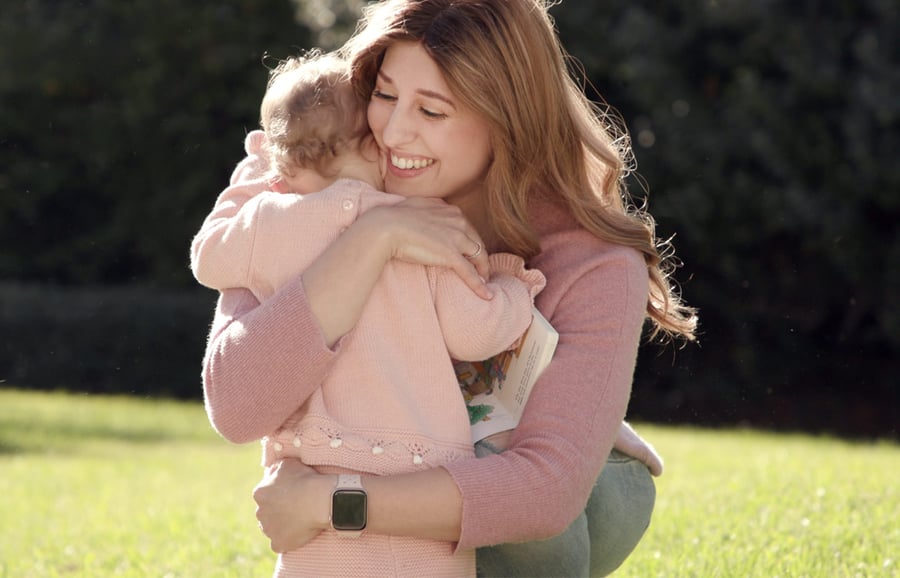
If you have any questions about whether our human hair wigs would be suitable for your child, you can reach out to us to schedule a free consultation with our experienced team of consultants. We’ve worked with thousands of customers of all ages, and helped them find the best wig for them. If you’re not ready to book a consultation but want to discover more about wigs on behalf of a loved one, learning what makes the best wig for a child or teenager is a great place to start.

.jpeg)
